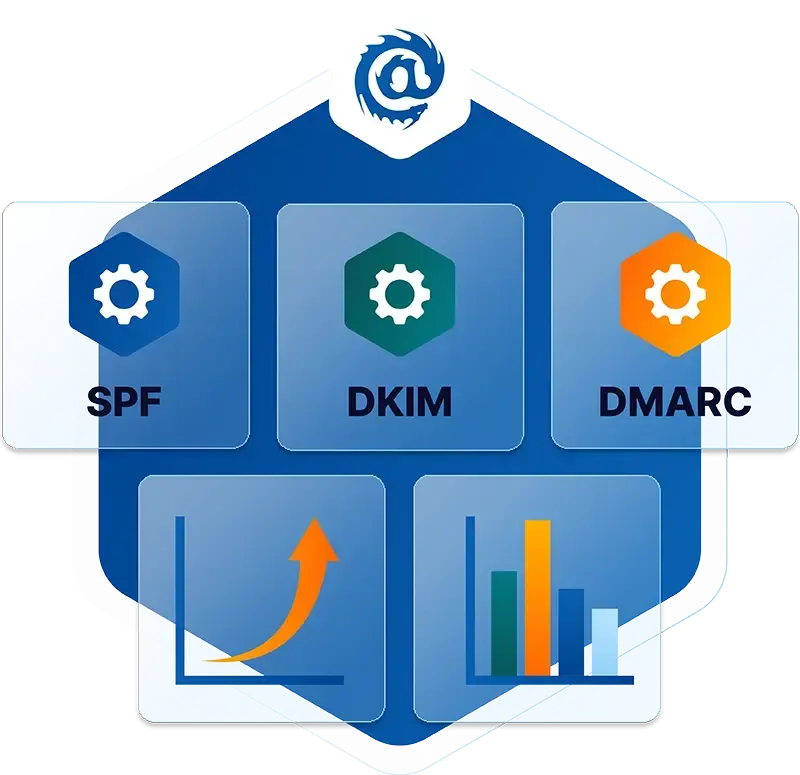Table of Contents
Targeted Attack Protection Explained
Targeted attacks, also known as advanced threats, involve highly sophisticated techniques to infiltrate an organization's network or compromise individuals within the organization. These attacks can be difficult to detect and mitigate due to their tailored nature and the use of advanced tactics such as spear-phishing, zero-day vulnerabilities, and advanced persistent threats (APTs).
The objective of these attacks typically includes unauthorized access to sensitive information, disruption of critical systems, or financial gain. Therefore, organizations must implement robust security measures to protect their assets and data from these advanced threats.
How Targeted Attack Protection Works
TAP operates through a multi-layered defense strategy designed to detect, prevent, and respond to targeted cyber threats. Key components of effective TAP include:
- Advanced Threat Detection Tools: Utilizing machine learning algorithms and behavioral analytics to identify abnormal activities or patterns indicative of a targeted attack.
- Email Security Measures: Implementing spam filters, DMARC, SPF, and DKIM protocols to block suspicious or malicious emails and prevent email spoofing.
- Employee Training: Educating employees on identifying and responding to phishing scams, social engineering techniques, and other common tactics used by attackers.
- Incident Response Procedures: Developing and regularly testing a comprehensive incident response plan to ensure quick containment and mitigation of any breaches.
- Regular Updates and Patches: Maintaining up-to-date software and systems to address any vulnerabilities that attackers might exploit.
- Multi-Factor Authentication: Enforcing strong authentication methods to enhance security and prevent unauthorized access.
- Network Segmentation: Dividing the network into separate segments to limit the lateral movement of attackers within the infrastructure.
Benefits of Targeted Attack Protection
- Enhanced Security Posture: By detecting and blocking advanced threats, organizations can significantly reduce the risk of data breaches and compromised systems.
- Protection of Sensitive Data: Targeted Attack Protection helps safeguard critical information from being exposed or stolen by attackers.
- Reduced Financial and Reputational Impact: Effective protection measures can prevent costly legal actions, regulatory fines, and damage to an organization's reputation resulting from targeted attacks.
- Proactive Threat Management: Continuous monitoring and analysis of network traffic enable IT professionals to identify and respond to threats before they cause significant damage.
What Role Does Targeted Attack Protection Play in Email Security?
Targeted Attack Protection (TAP) is essential in email security, particularly given the sophisticated nature of modern cyber threats such as Business Email Compromise (BEC), Account Takeover (ATO), and spear-phishing. TAP focuses on identifying and mitigating threats that are specifically crafted to deceive and infiltrate an organization via email.
Key Functions of Targeted Attack Protection:
-
Advanced Threat Detection: TAP employs machine learning and AI to detect abnormal patterns and malicious activities that traditional email security measures might miss. By continuously analyzing email content, metadata, and sender behavior, TAP can identify and block sophisticated threats in real-time.
-
Behavioral Analysis: This involves monitoring user behavior and email interaction patterns to detect anomalies that could indicate a targeted attack. Techniques like spear-phishing often bypass standard filters but can be caught by recognizing unusual behavior patterns.
-
Email Authentication Protocols: TAP utilizes protocols such as DMARC, SPF, and DKIM to prevent email spoofing, a common tactic in targeted attacks. These protocols help verify the authenticity of emails and ensure that fraudulent messages are identified and blocked before reaching end-users.
-
Phishing Simulation and Training: By conducting regular phishing simulations and providing targeted training, TAP educates employees about the latest attack methods. This proactive approach enhances awareness and helps prevent successful phishing attempts by making employees more vigilant.
-
Incident Response and Remediation: TAP includes robust incident response capabilities, allowing organizations to quickly respond to and mitigate attacks. Automated tools can quarantine suspicious emails, notify security teams, and provide detailed forensic analysis to understand and neutralize threats.
-
Adaptive AI and Automation: Leverage adaptive AI and automated threat intelligence to continuously improve its detection and response mechanisms. This ensures that the system adapts with the threat landscape, maintaining effective protection against new and emerging threats.
IRONSCALES Targeted Attack Protection
IRONSCALES is a leading email security platform designed to detect and remove advanced phishing threats. With the industry's only Adaptive AI technology and collaborative threat intelligence, it offers comprehensive defense against a wide range of email threats, including social engineering tactics, business email compromise, account takeover, VIP impersonation, and more.
IRONSCALES integrates machine-learning and automation features with Security Awareness Training (SAT) and Phishing Simulation Testing (PST) directly within its email security platform. Administrators can create customized training campaigns and phishing simulations based on real-world examples, guiding users to avoid future phishing attempts.
Check out the IRONSCALES AI-driven and self-learning email security platform here.
Explore More Articles
Say goodbye to Phishing, BEC, and QR code attacks. Our Adaptive AI automatically learns and evolves to keep your employees safe from email attacks.

/Concentrix%20Case%20Study.webp?width=568&height=326&name=Concentrix%20Case%20Study.webp)












